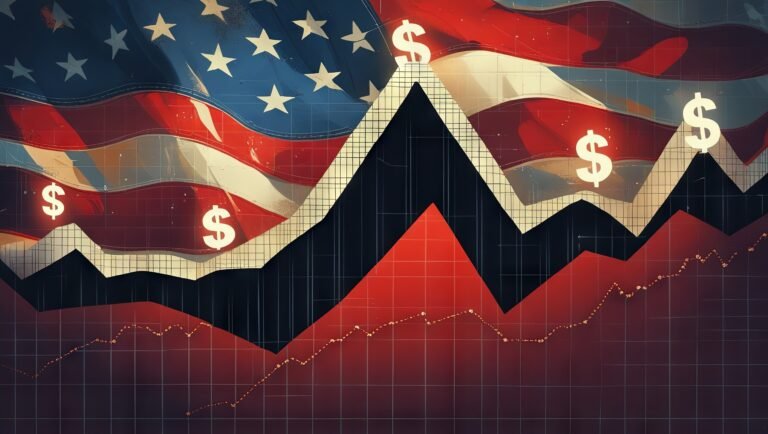Throughout the past couple of months, we have heard from analysts and experts that “despite the headwinds from Europe, the U.S. economy is doing well.” We have also heard “if it weren’t for the economic problems in Europe, the U.S. markets would be stronger.” We know there are major problems in Europe that have yet to be solved, but we are not sold that our own market is thriving. The U.S economy recently received some positive economic news. Jobless claims dropped to 366,000 – the lowest level since May 2008. The Empire State Index is a survey of 175 manufacturing executives that gauge the sentiment of the current and 6-month outlook on the manufacturing sector. The index in December jumped from .6 to 9.5 – the highest level it has been at in 7 months. The majority of this increase came from a rise in new manufacturing orders.
On the other hand, there is some bad news out there. The industrial sector declined by .2% in November. Our job market continues to grow slowly. This is a concern for the Federal Reserve and an issue it has been struggling with for a while now. To help combat this problem, the Federal Reserve announced plans this past week to keep interest rates low at least through mid-2013. Federal Reserve Chairman Ben Bernanke has also told the Senate that he has no plans to bail out Europe. It is easy to have a mixed reaction to that statement. On one hand, we should be satisfied that Bernanke does not want to entangle us in Europe’s problems. On the other hand, it is uneasy to hear this believing that if Europe “unravels,” our economy will be affected as well.
Many experts believe that the euro-area economy will fall into a recession. Despite the EU leaders agreement last week to implement stricter controls over government spending and taxation and their pledge to hasten the start of the 500 billion euro bailout plan, substantial risk remains. These moves temporally have eased the European credit markets. The risk is still elevated as a large amount of refinancing of government debt still needs to take place in 2012.
Recession fears are not just coming as a result of policy issues, but from economic data as well. The Purchasing Manufactures Index (“PMI”) is an index that measures whether a country is headed for a recession or an expansion. If the index is below 50, then a country is believed to be moving toward a recession. If the index is above 50, then a country is believed to be moving toward an expansion. The most recent PMI reading for Germany was 48.1, for the euro-zone it was 47.9 and for China it was 49.
What does this all mean? To us it means uncertainty. We have some economic data in the U.S. that is positive, but our job and real estate markets are not doing well. We have Europe that does not seem to be tackling the real issues needed to solve their mess. We believe that if Europe falls into a recession, our economy will be affected.
Where does that leave us? It gives us further comfort that the defensive position we have taken in your portfolio was the right decision. What about the strength of the U.S.? With the cash in your portfolios, we have the ability to take advantage of undervalued investments when we think the time is right.
All our best to you during this Holiday Season!!!
Sincerely,
Your THOR Team




